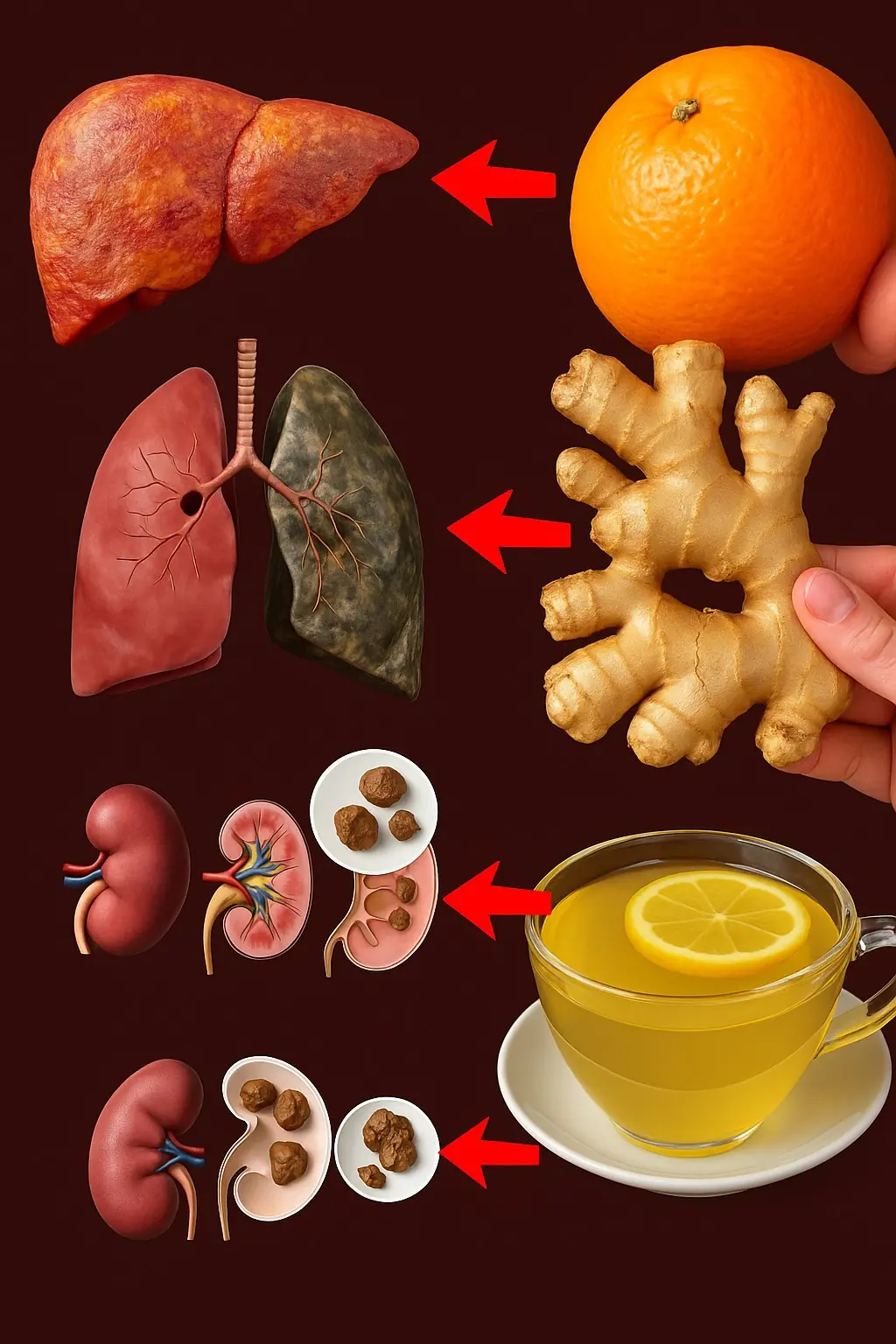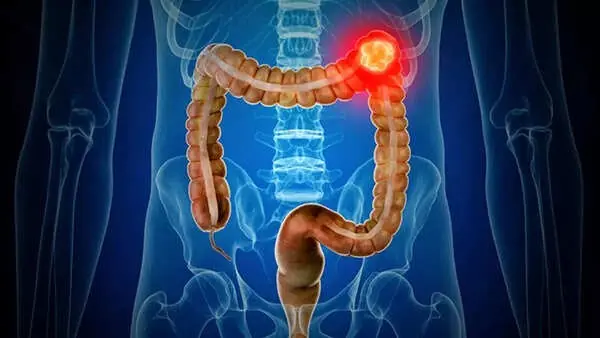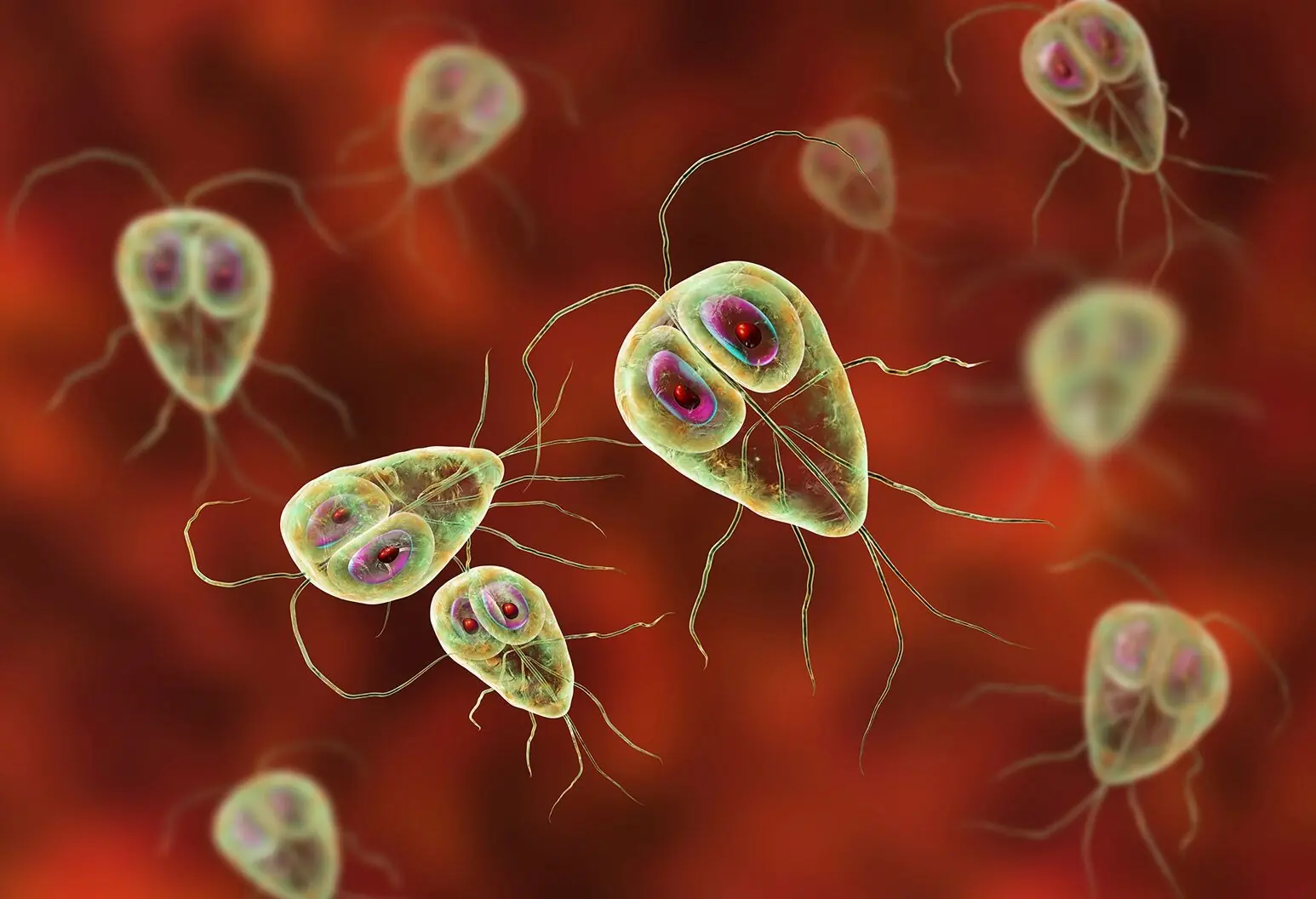
How To Detox Each Organ To Reset Your System
A Gentle Full-Body Detox: How to Support Your Natural Cleansing Systems
Everyone knows that a wholesome diet and regular physical activity form the foundation of good health. Yet over time, poor nutrition, chronic stress, and sedentary habits can quietly burden the body’s detox pathways. When these systems become overloaded, we may feel sluggish, bloated, mentally foggy, or simply “off.”
That’s why many people choose to do a yearly or seasonal detox — not as a harsh cleanse, but as a gentle reset that allows the body’s natural filters to work more efficiently. Below are the major systems involved in detoxification and practical ways to support each one naturally.
Liver: The Body’s Primary Filter
Role:
The liver processes toxins, metabolizes fats, stores nutrients, manages hormones, and keeps cholesterol in balance.
The problem:
Excess alcohol, sugar, processed fats, and certain medications can overwork the liver, slowing toxin removal and affecting digestion, energy, and mood.
How to support it:
-
Reduce sugar, alcohol, and highly processed foods.
-
Add liver-friendly foods such as turmeric, ginger, garlic, lemon water, green tea, and cruciferous vegetables (broccoli, kale, cabbage).
-
Lighten your diet for a few days with whole foods, soups, and hydrating fruits — even short breaks can give the liver room to recover.
-
Consider adding bitter foods (arugula, dandelion greens) to stimulate bile production.
Gallbladder: The Keeper of Bile
Role:
The gallbladder stores bile made by the liver and releases it to break down dietary fats.
The problem:
A high-fat diet, dehydration, or low-fiber intake can thicken bile, raising the risk of gallstones and sluggish digestion.
How to support it:
-
Drink enough water throughout the day.
-
Increase fiber from fruits, vegetables, oats, and legumes.
-
Avoid greasy, fried, and refined fatty foods.
-
Use gentle herbal aids such as peppermint, artichoke extract, or milk thistle to promote healthy bile flow.
Blood: The Body’s Lifeline
Role:
Blood carries oxygen and nutrients to every cell while removing metabolic waste.
The problem:
Aging, poor diet, dehydration, and inflammation can thicken the blood and slow circulation, raising cardiovascular risks and reducing energy.
How to support it:
-
Eat antioxidant-rich foods like leafy greens, blueberries, garlic, beets, and dark red fruits.
-
Stay well-hydrated to keep blood volume and viscosity healthy.
-
Herbal supports like burdock root, red clover, and hibiscus tea may promote purification and circulation.
-
Regular movement — even light walking — improves blood flow dramatically.

Lymphatic System: The Detox Highway
Role:
The lymphatic system drains cellular waste, supports immune function, and maintains fluid balance.
The problem:
Unlike blood, lymph has no pump. It relies on movement, muscle contractions, and hydration to circulate. Sedentary behavior and dehydration can slow it drastically.
How to support it:
-
Try aerobic exercise, rebounding, yoga, or brisk walking to stimulate lymph flow.
-
Practice dry brushing or schedule a lymphatic drainage massage.
-
Drink plenty of water and herbal teas to keep fluids moving.
-
Deep belly breathing also helps move lymph through the chest area.
Pancreas: The Blood Sugar Balancer
Role:
The pancreas produces insulin, which regulates blood sugar and energy.
The problem:
Excess body fat — especially around the abdomen — can cause the pancreas to struggle with insulin production, raising the risk of insulin resistance and type 2 diabetes.
How to support it:
-
Maintain a healthy weight and avoid refined sugars and processed carbs.
-
Incorporate anti-inflammatory foods like turmeric, pineapple, lemon, cinnamon, and omega-3-rich foods.
-
Studies show that even moderate fat loss around the pancreas can significantly improve insulin function.
-
Eat smaller, balanced meals to avoid large blood sugar spikes.
Intestines: The Core of Digestion
Role:
The intestines absorb nutrients, regulate immunity, and eliminate waste.
The problem:
Low-fiber diets, dehydration, and poor meal choices can lead to constipation, inflammation, microbial imbalance, and toxin buildup — often showing up as bloating, fatigue, skin issues, or headaches.
How to support them:
-
Stay hydrated to support smooth digestion.
-
Eat fiber-rich foods, probiotics (yogurt, kefir, sauerkraut), and prebiotic foods like bananas, garlic, and oats.
-
Add magnesium-rich foods or supplements to promote regularity.
-
Herbal teas such as ginger, fennel, peppermint, or cayenne can naturally soothe and stimulate digestion.
-
Reduce trigger foods like excessive dairy, fried foods, or heavy meals late at night.
Kidneys: The Silent Purifiers
Role:
The kidneys filter the blood, regulate hydration, and balance electrolytes and minerals.
How to support them:
-
Eat potassium-rich fruits like bananas, kiwis, oranges, and grapes.
-
Consider gentle kidney-supporting herbs such as dandelion root, prunes, or nettle leaf tea.
-
Include cranberries or cranberry extract to help prevent kidney stones by reducing uric acid buildup.
-
Limit excessive salt and ultra-processed foods that strain kidney function.
Detox for the Mind: Emotional Cleansing
True detoxification isn’t only physical — it’s emotional and mental as well. Chronic stress, anxiety, and unresolved emotions can disrupt hormones, weaken immunity, and increase inflammation.
To reset mentally:
-
Practice mindfulness, meditation, or breathwork.
-
Take time for hobbies, journaling, or walks in nature.
-
Prioritize quality sleep and emotional wellness as much as nutrition.
-
Reduce digital overload by limiting screen time and setting quiet moments in your day.
Final Thoughts
A yearly detox doesn’t require harsh fasting or extreme protocols. Instead, it’s about gently supporting the body’s natural cleansing systems through conscious nutrition, hydration, movement, and emotional balance. Small, consistent daily choices — like choosing whole foods, staying active, sleeping well, and managing stress — can create lasting improvements in how you feel all year long.
Disclaimer: This article is for informational purposes only and should not replace professional medical guidance. Always consult your healthcare provider before making changes to your diet or lifestyle.
News in the same category


This vitamin deficiency could be raising your colorectal cancer risk — and half the world is low

Tomato Extract: Better And Safer Blood Thinner Than Aspirin

10 warning signs your kidneys are failing (symptoms most people don’t know)

10 Subtle Symptoms of Clogged Arteries You Shouldn’t Ignore

Blurred Vision in One Eye and a Headache

Natural Detox: Simple Daily Habits to Support Your Kidneys, Liver & Lungs

Apple Cider Vinegar: A Simple, Natural Way to Support Your Daily Wellness

7 powerful fruits that cleanse your kidneys naturally

What Can Your Urine Tell You about Your Health

Pour hot water over an apple and the chemicals will become clearly visible – the best way to check if an apple is toxic

Doritos Goes Dye-Free: PepsiCo Shifts to Natural Colors

Everyday symptoms that keep appearing in people with bowel cancer

The Shocking Truth About Blood Clots and Natural Treatments That Actually Work

Hidden signs of parasites in your body and how to flush them out naturally

Proven Health Benefits of Eating Eggs Based on Evidence

Nanobots could be disease-fighting machines inside the body, offering a path to eternal life

Surgeon who watched online videos on amputation charged after removing his own legs

5 Estrogen-Rich Foods Women Should Eat for Hormonal Balance & Radiant Skin
News Post

This ancient seed oil may help calm knee pain better than Tylenol, study suggests

This vitamin deficiency could be raising your colorectal cancer risk — and half the world is low

Tomato Extract: Better And Safer Blood Thinner Than Aspirin

10 warning signs your kidneys are failing (symptoms most people don’t know)

10 Subtle Symptoms of Clogged Arteries You Shouldn’t Ignore

Yarrow: A Timeless Herbal Ally with Amazing Health Benefits

The Digestive Benefits of Mimosa Pudica: A Natural Gut Cleanser

The Stone Breaker Plant: Nature’s Remedy for Kidney Stones

Secret Tips for Growing Healthy and Productive Clove Plants

The Remarkable Benefits and Uses of Mullein Leaves

Meghan Markle speaks out after Balenciaga designer revealed she invited herself to Paris fashion week

Serial Brooklyn dine-and-dash influencer caught avoiding the bill in dramatic video as local eateries wise up to scheme

A-list actress looks completely unrecognizable in new ‘Hunger Games’ trailer

Joey and Jesse Buss fired by Lakers after $10 billion sale as family feud with Jeanie explodes

I’M A CELEB HAD A SPECIAL ‘SMOKO RULE’ THAT ONLY APPLIED TO ONE LEGENDARY STAR

Tips to clean shiny enamel at home without spending a penny

WHERE TO WATCH JOEY’S FRIENDS SPINOFF AS LOST EPISODES RELEASED AFTER 19 YEARS

PARIS JACKSON MAKES SHOCKING CLAIM ABOUT $10,000,000 WORTH OF DAD MICHAEL'S WILL

How to help you travel thousands of miles without getting motion sickness
